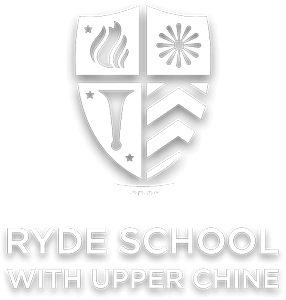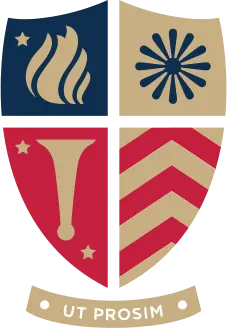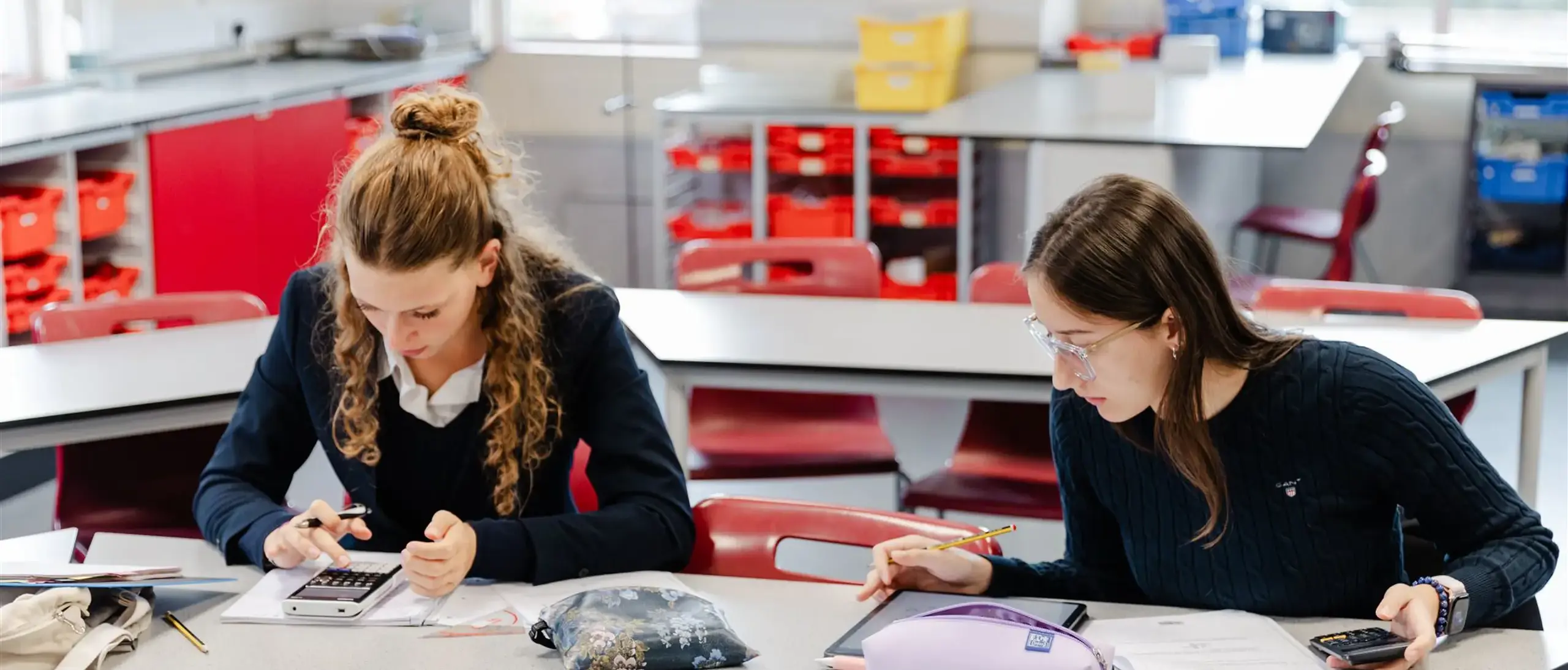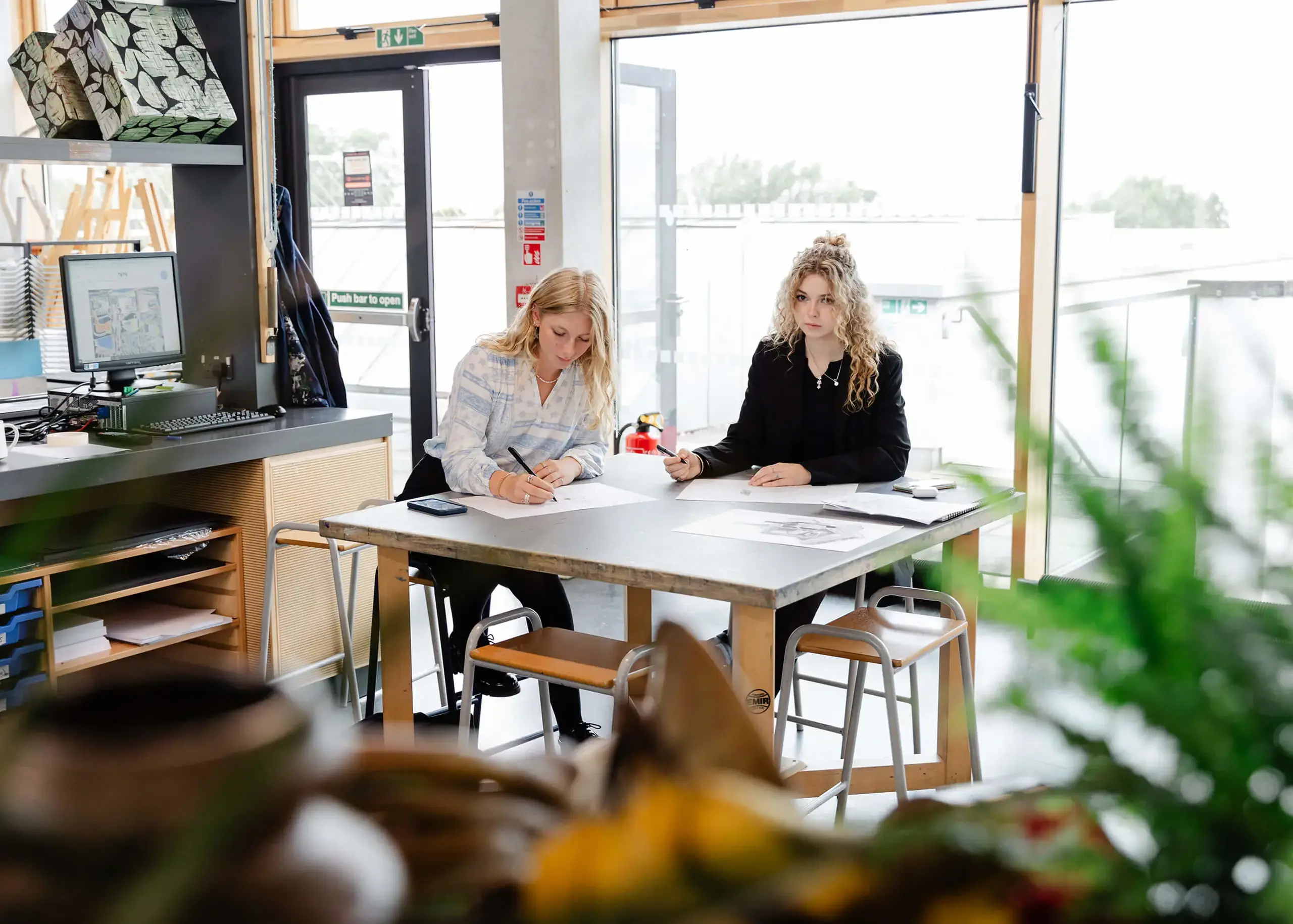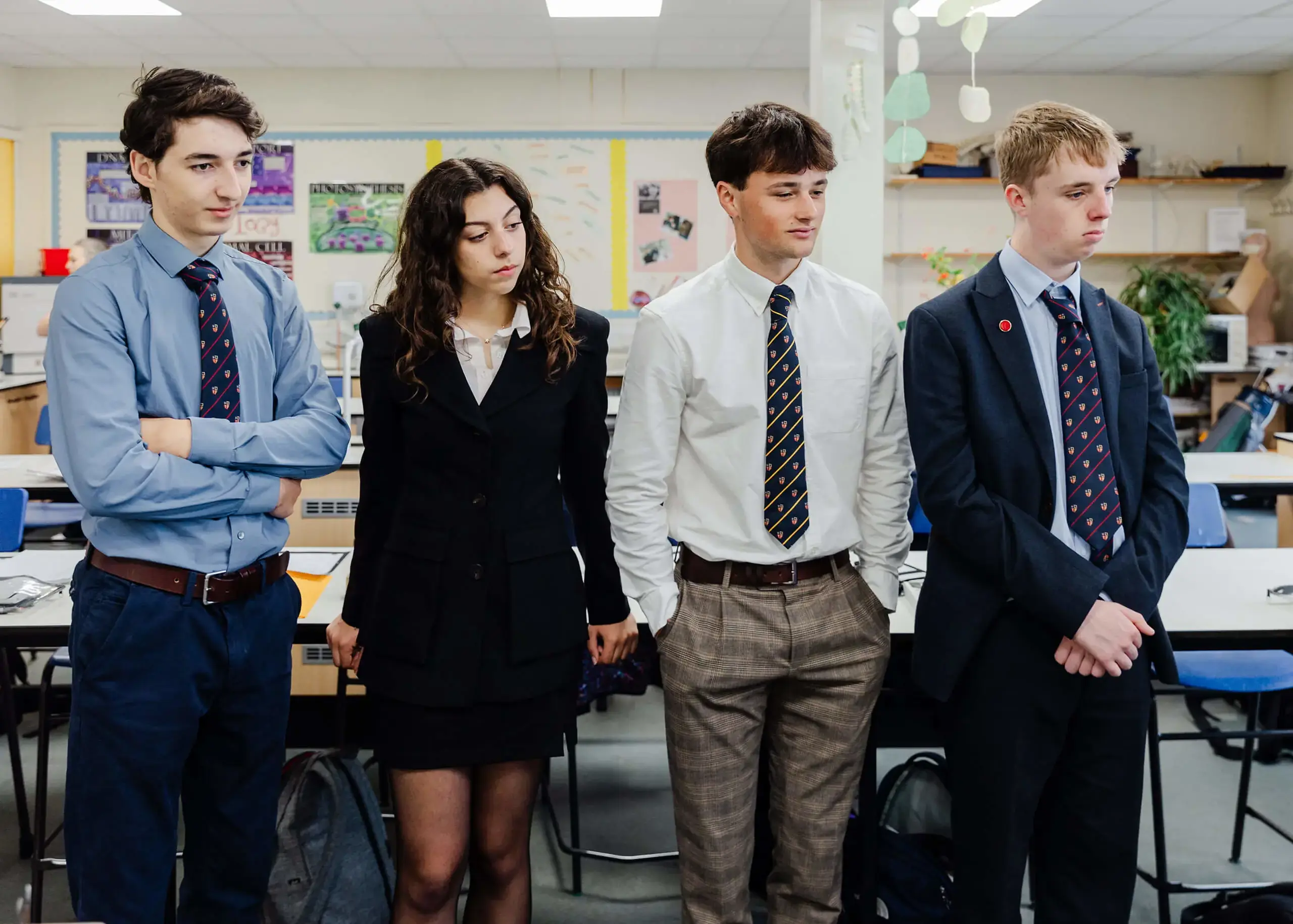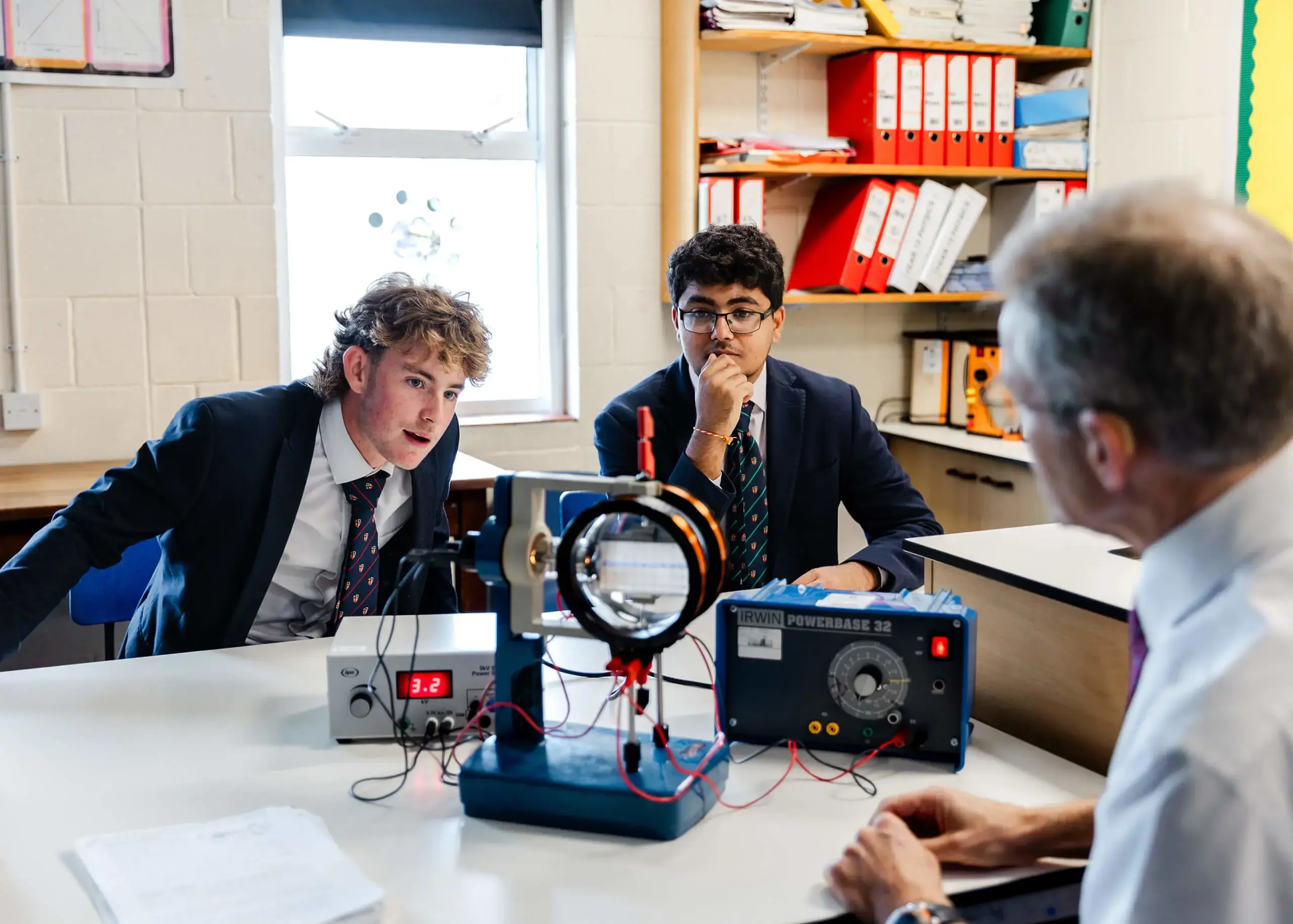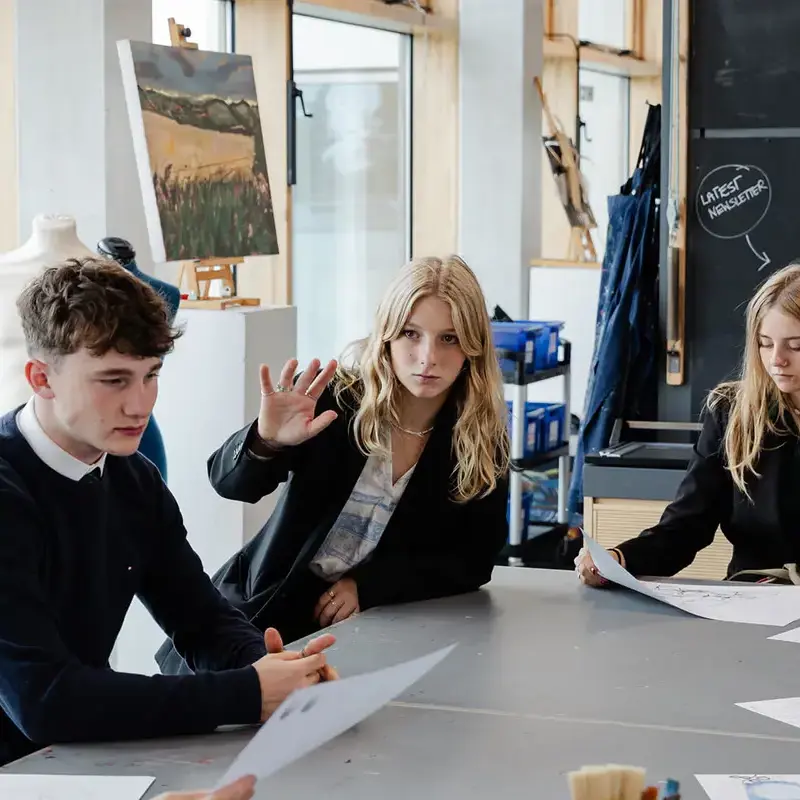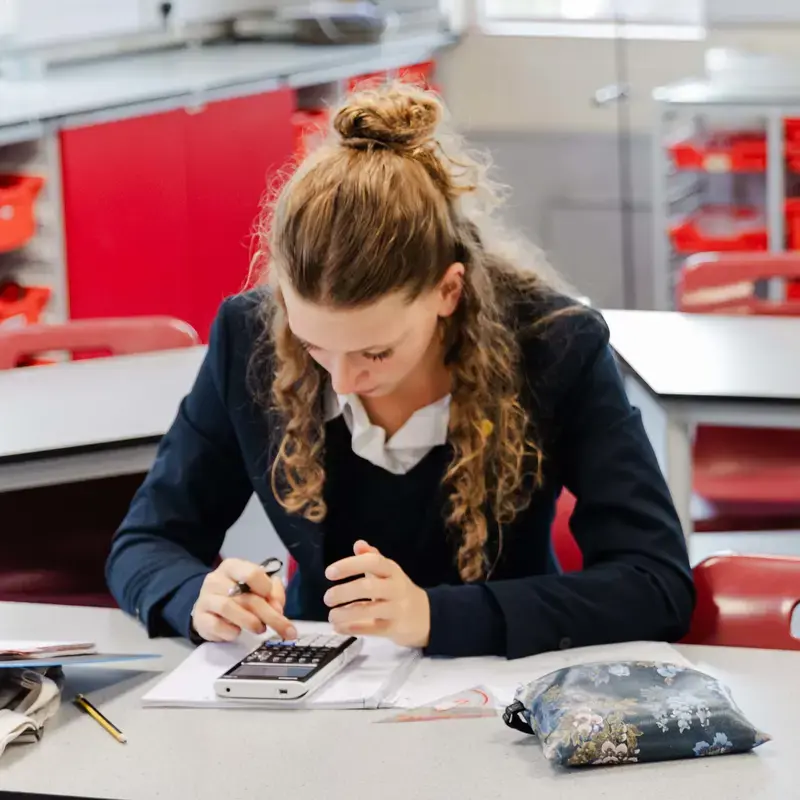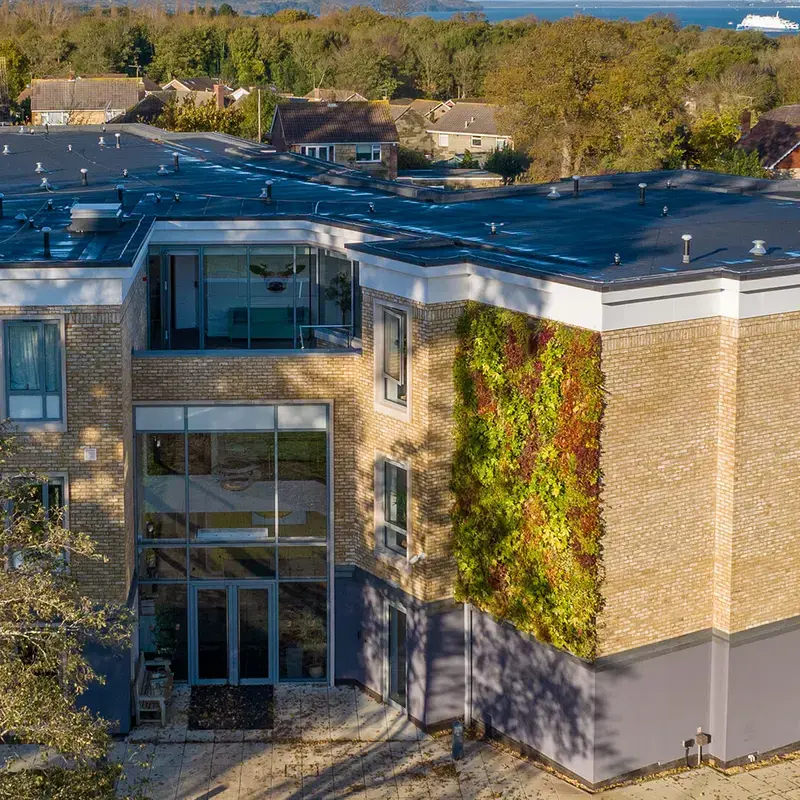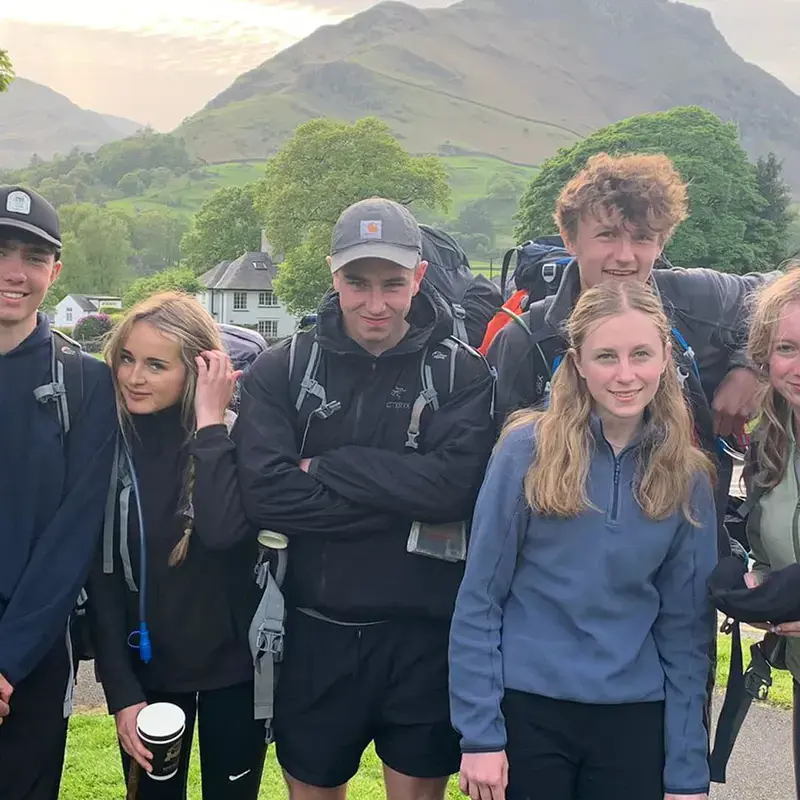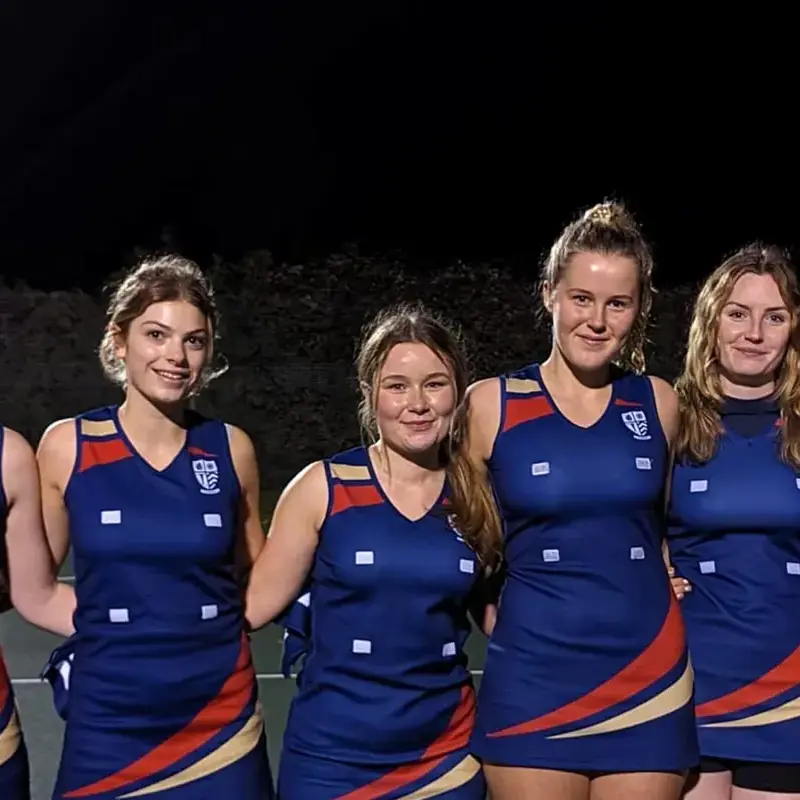- Home
- Sixth Form
- Courses at Sixth Form
- BTEC Performing Arts
The Performing Art BTEC has been designed for those who are interested in the study of the performing arts both in practice and theory. Future employers and professional bodies have been consulted in the structure of the course to ensure the content is appropriate and consistent with current practice for students choosing to enter employment in this field.
ENTRY REQUIREMENTSTaken as part of the IBCP and must be taken with either 2 Higher Level IB subjects or 3 Standard Level subjects. WHERE THIS SUBJECT CAN TAKE YOUPerforming Arts, both in and out of the classroom, provide a unique platform for individuals to explore their creativity and express themselves through various artistic elements such as Acting, Technical Design, Directing, Musical Theatre and Dance. Students learn to step out of their comfort zones, discover their own voices, and develop their unique artistic talents. Performing Arts students learn to cooperate, compromise, and contribute to a shared creative vision. Participating in the Performing Arts builds confidence and self-esteem. Through rehearsals, performances, and feedback, students gain a sense of accomplishment and develop a positive self-image. They develop skills such as negotiation, problem-solving, and conflict resolution, which are, of course, crucial transferable life skills. AWARD32 PERFORMING ARTS COURSE CONTENT/STRUCTUREThe course contains three mandatory and one optional units studied and assessed over the two years of the course.
OPTIONAL UNIT ASSESSMENT Assessment is specifically designed to fit the purpose and objective of the qualification. It includes a range of assessment types and styles. There are three main forms of assessment: external, internal and synoptic. External assessment used for qualifications in the performing arts suite are: set tasks where learners take the assessment during a defined window and demonstrate understanding through completion of a task. Internally- assessed units are set by the school and assess the final summative assessment of each unit. Synoptic assessment requires learners to demonstrate that they can identify and use effectively, in an integrated way, an appropriate selection of skills, techniques, concepts, theories and knowledge from across the whole sector as relevant to a key task. |
